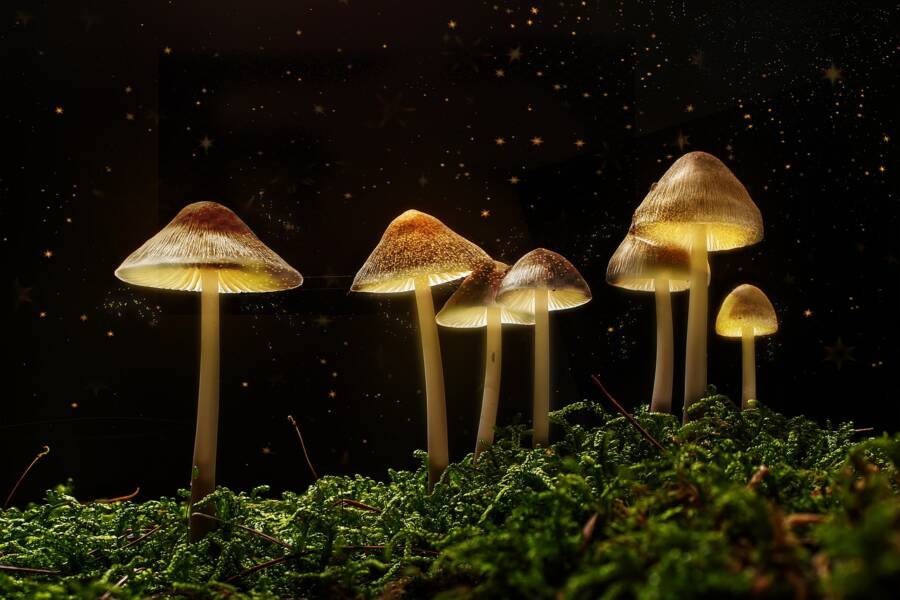The enigma surrounding “magic mushrooms,” officially known as psilocybin mushrooms, continues to attract curiosity, fueled by their history of use in spiritual and recreational contexts. As with all substances that alter our perception and mood, a crucial question arises: Are magic mushrooms addictive? The answer, while complex, is rooted in understanding the nature of addiction itself and the particular effects and characteristics of psilocybin mushrooms.
To comprehend whether magic mushrooms are addictive, it’s essential first to understand what it means for a substance to be ‘addictive.’ Typically, an addictive substance is characterized by its ability to cause physical or psychological dependence. Physical dependence often leads to withdrawal symptoms when the substance is discontinued, while psychological dependence results in an overpowering desire to continue using the substance, despite knowledge of its adverse effects. With this understanding, let’s delve into the nature of magic mushrooms and their potential for addiction.
The Nature of Magic Mushrooms
Psilocybin mushrooms belong to a group of fungi that contain psilocybin, a naturally occurring psychoactive compound. This compound alters perception, mood, and thought, often described as hallucinations or a ‘trip.’ The intensity and duration of these effects can vary significantly, influenced by factors such as the specific species of mushroom, the dose taken, and the individual’s mental state and environment at the time of consumption.
Addiction: A Multifaceted Phenomenon
Addiction is a complex disorder characterized by compulsive substance use despite harmful consequences, often accompanied by an inability to stop using the substance and withdrawal symptoms upon cessation. This disorder typically involves both physical and psychological aspects. Physical addiction involves the body becoming so accustomed to a substance that it requires it to function normally, leading to withdrawal symptoms when it is unavailable. Psychological addiction, conversely, involves a perceived need or strong desire to use a substance for various reasons, such as coping with stress or achieving a particular mental state.
Are Magic Mushrooms Addictive?
So, “are mushrooms addictive?”.Magic mushrooms are generally not considered physically addictive, as they do not lead to physical dependence or withdrawal symptoms when usage is ceased. This is largely because psilocybin, the active compound in magic mushrooms, does not trigger a reward response in the brain like many addictive substances do.
However, like any substance, magic mushrooms can be psychologically addictive. Some individuals may come to rely on the altered states of consciousness induced by the mushrooms as a form of escapism or may develop a compulsion to continue seeking these experiences despite negative consequences. It is important to note that this psychological addiction is generally less common and less severe than the physical addiction associated with alcohol, nicotine, or opioids.
Conclusion
So, are magic mushrooms addictive? While they are not physically addictive, the potential for psychological dependency exists, albeit less commonly than with many other substances. As with any substance that alters perception and mood, using magic mushrooms carries potential risks and should be approached cautiously and understood. Comprehensive knowledge of their effects and potential dangers is vital in making informed decisions about their use.
TechnologyHQ is a platform about business insights, tech, 4IR, digital transformation, AI, Blockchain, Cybersecurity, and social media for businesses.
We manage social media groups with more than 200,000 members with almost 100% engagement.









































